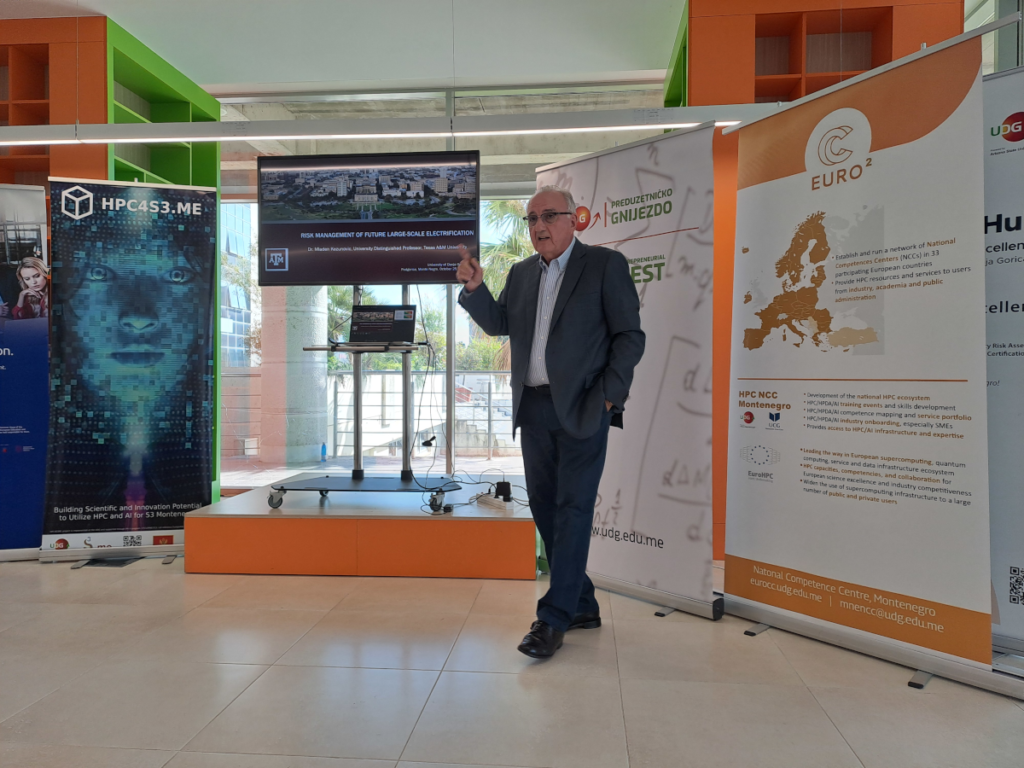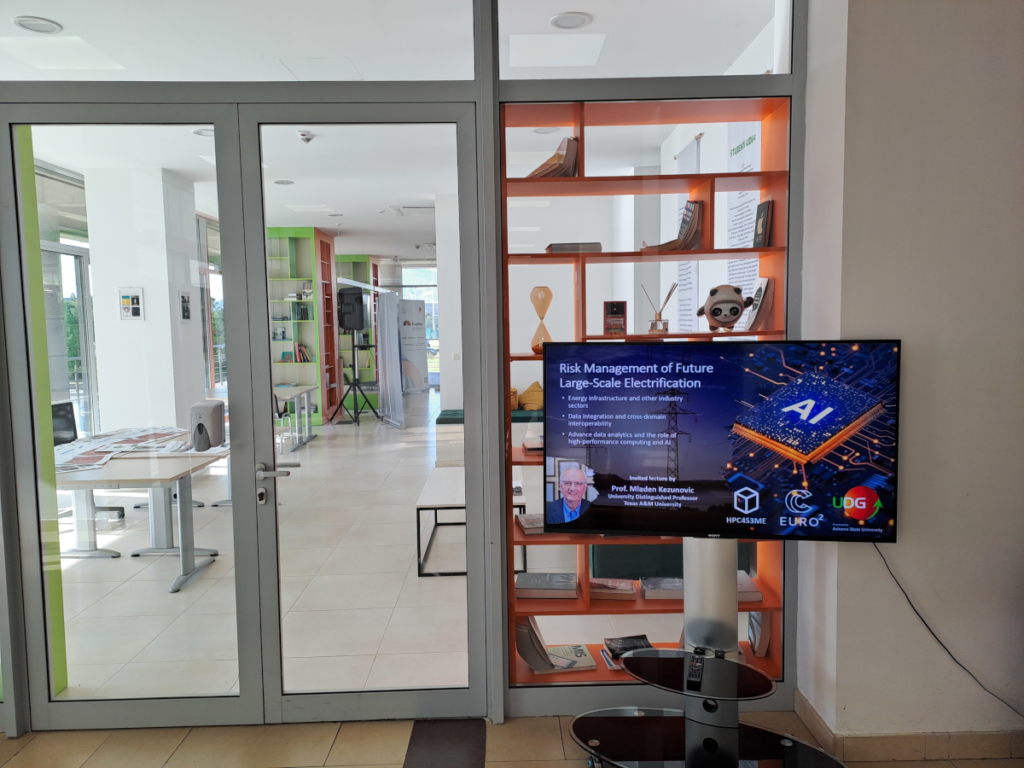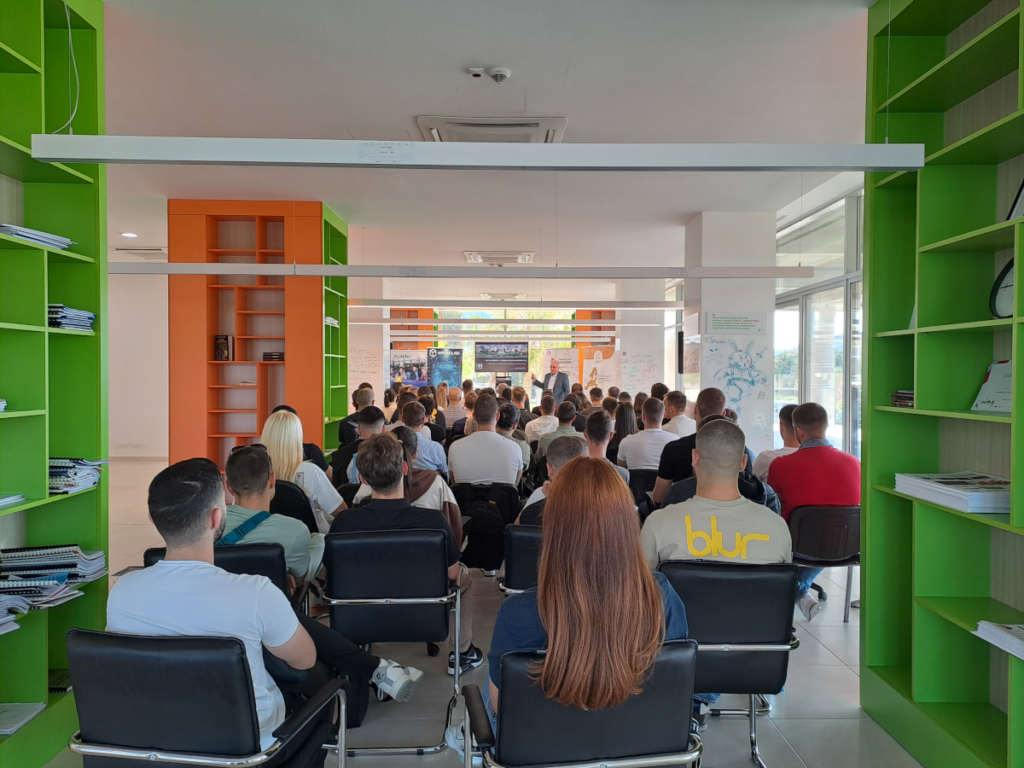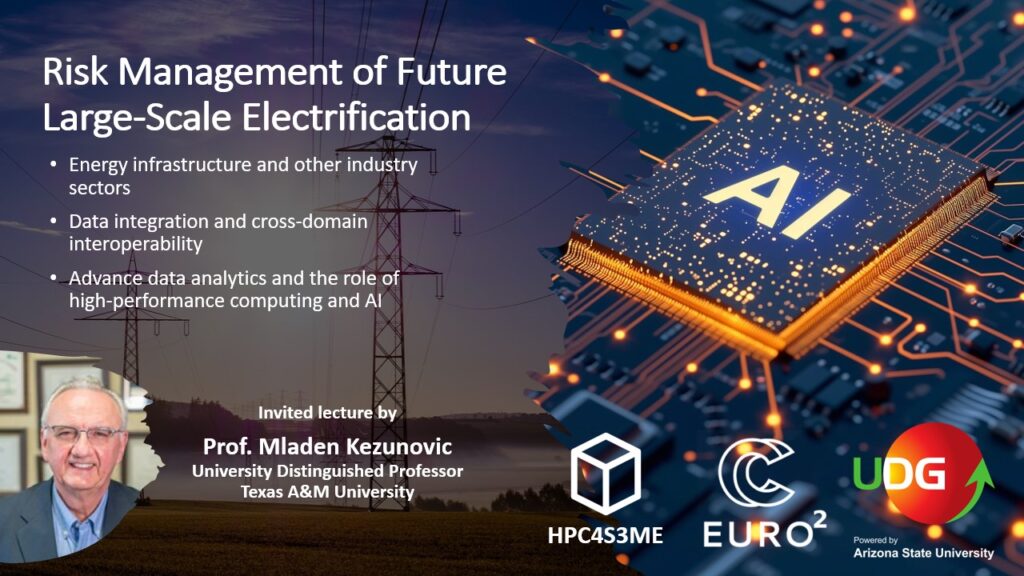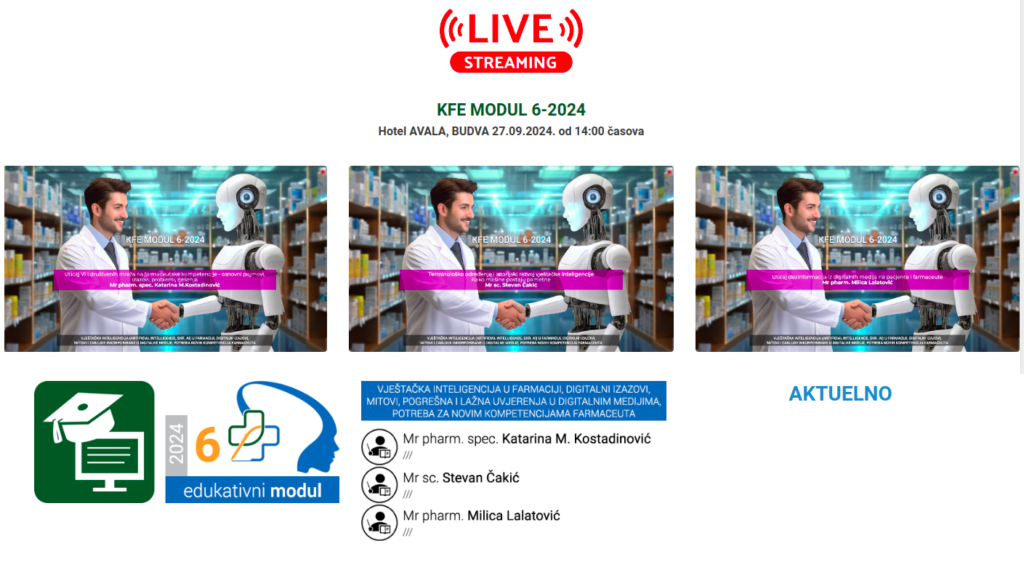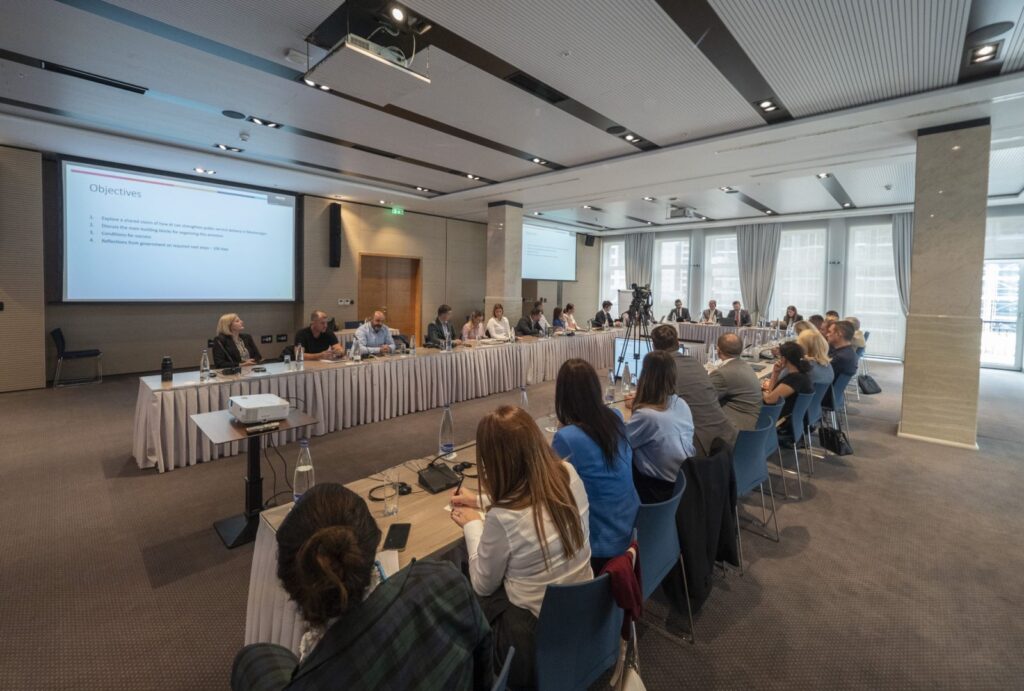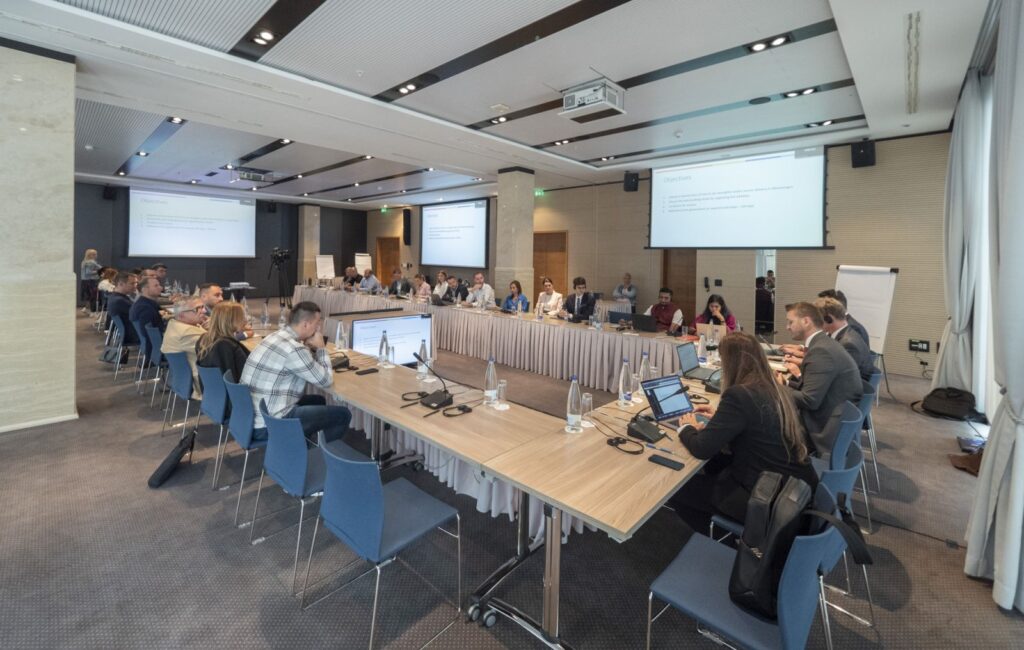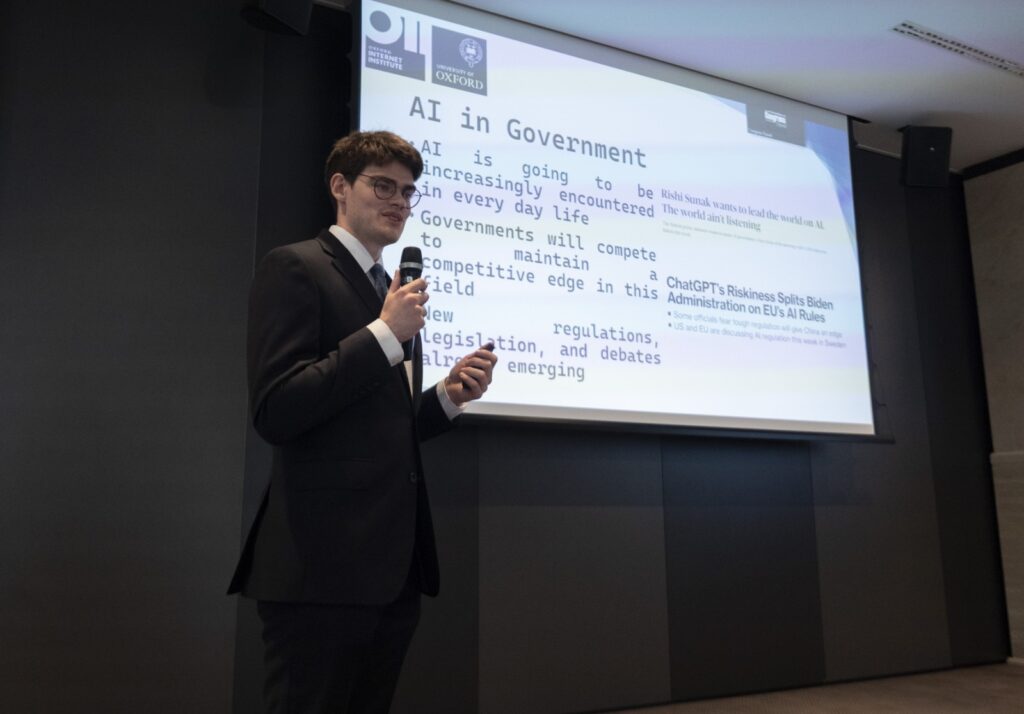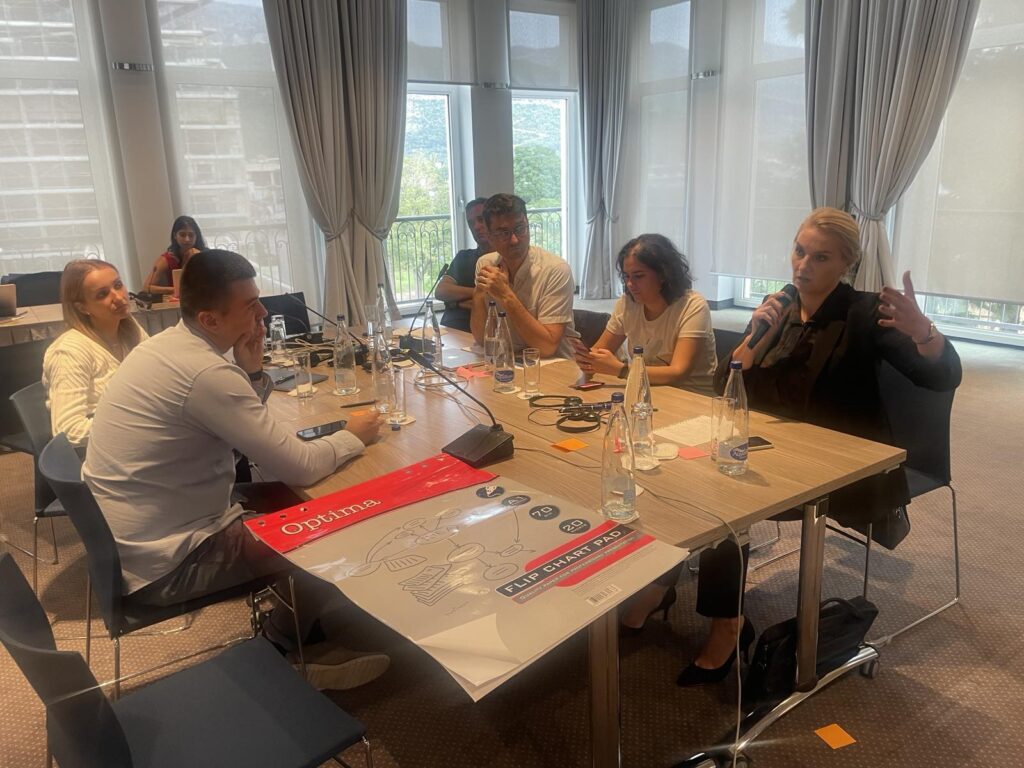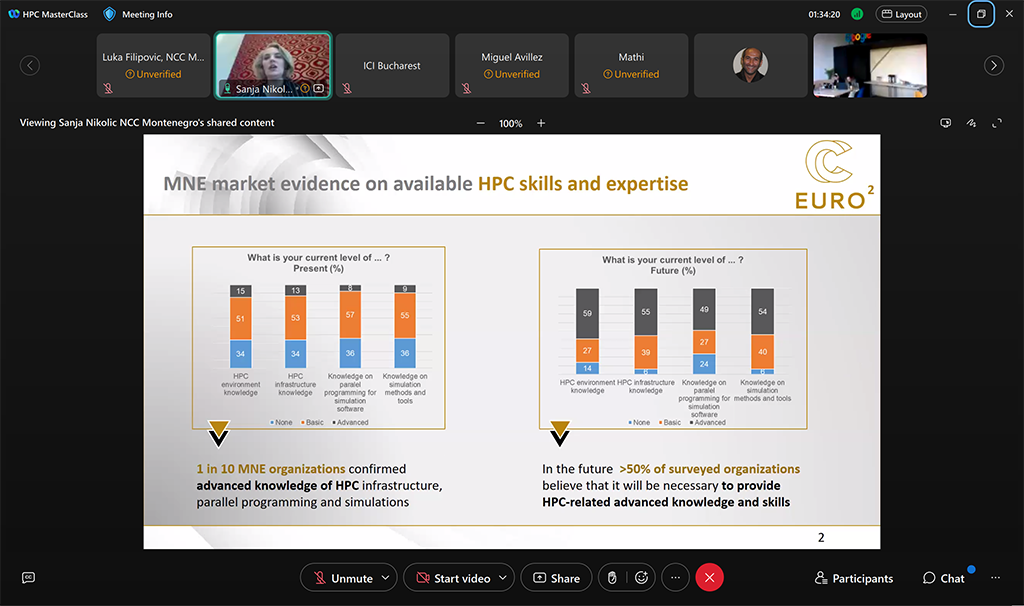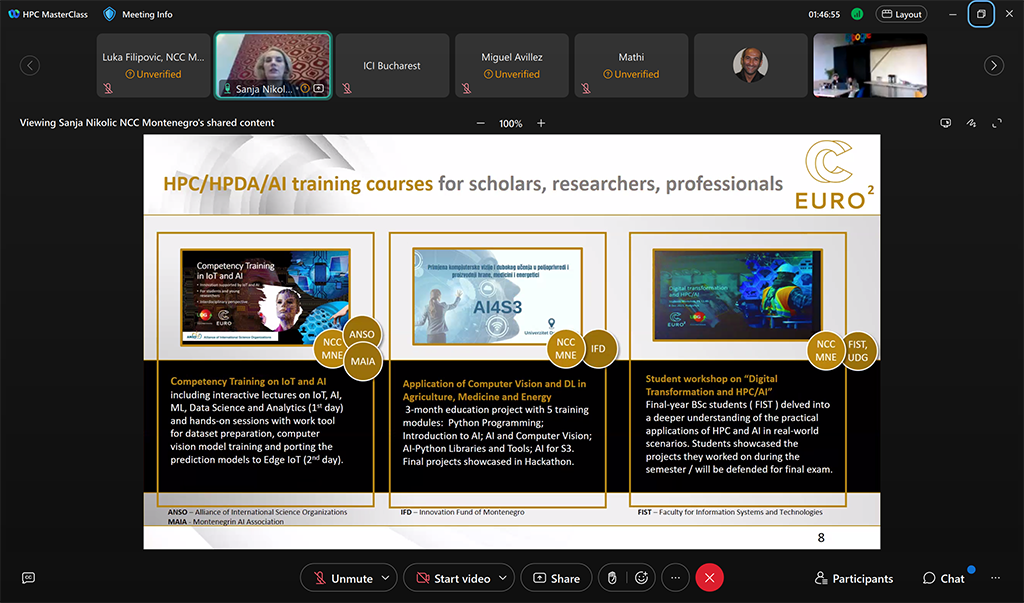Course Description: Prompt Engineering
During the Fall 2024, the NCC team at UDG developed a new training offering aimed at the the use of generative AI, mos specifically at real-life LLM applications and digital transformation. The training was developed based on the communications with students and industry representatives. The initial enrollment in November was over 40 students, where most of them are expected to finish the training by 20 December.
The study of Prompt Engineering represents a cornerstone technique for effective interaction with advanced language models such as GPT-4, LLama and beyond. This course equips students with the knowledge and skills necessary to harness the transformative potential of AI technologies, emphasizing innovative, responsible, and industry-specific applications. In an era of digital transformation, where real-time decision-making and intelligent automation shape industries, the demand for high-performance computing (HPC) is critical. By exploring advanced natural language processing (NLP) models, students will not only develop effective querying techniques but also understand the computational requirements and infrastructure needed to implement these solutions at scale.
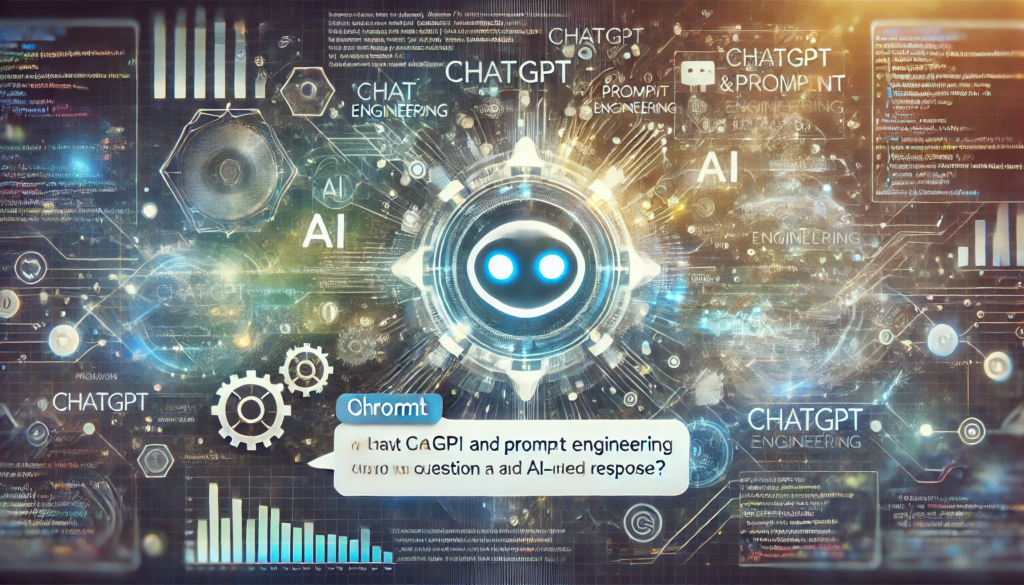
As large language models become more sophisticated, their computational demands grow exponentially. Applications such as real-time customer interactions, predictive analytics, and decision support in fields like healthcare and education require HPC infrastructure to ensure performance and scalability. This course bridges the gap between theoretical understanding and practical implementation, highlighting how HPC enables the deployment of robust AI solutions, thus driving innovation in the digital age. Whether you’re preparing to lead AI projects in academia or industry, this course provides the essential knowledge to leverage AI technologies responsibly and effectively, positioning you at the forefront of digital transformation.
Course Content Overview (12 Modules)
- Introduction to Prompt Engineering – Fundamentals, significance, and applications of prompt structuring.
- Understanding AI Models – Overview of how language models process inputs and generate outputs.
- Contextual Importance – Strategies to define and provide context for optimal AI performance.
- Crafting Effective Prompts – Techniques for prompt structuring, tone control, and style customization.
- Advanced Prompting Techniques – Multi-step prompts, variable integration, and scenario-specific tasks.
- Experimentation and Iterative Improvement – Testing, analyzing, and refining prompts for enhanced outcomes.
- Industry-Specific Applications – Practical use cases in medicine, education, marketing, and law.
- Integrative Techniques – Combining chain-of-thought and meta-prompting for adaptability.
- Ethics in Prompt Engineering – Addressing bias, preventing misuse, and upholding ethical AI standards.
- Technical Foundations of NLP and Transformers – Key principles of NLP and the mechanics of transformers with a focus on HPC for scaling AI solutions.
- Real-life LLM applications, digital transformation, and the need for computing resources.
- Introduction ot high-performance computing and uptake to HPC considerations
Learning Outcomes
By the end of this course, students will be able to:
- Design and structure effective prompts tailored to diverse tasks.
- Apply advanced techniques such as chain-of-thought and meta-prompting to complex scenarios.
- Evaluate and optimize AI model responses through iterative feedback loops.
- Customize prompts for specific industrial needs while adhering to ethical standards.
- Comprehend technical aspects of transformer-based NLP models.
- LLMs and digital transformation, the need for computing resources for real-life applications


